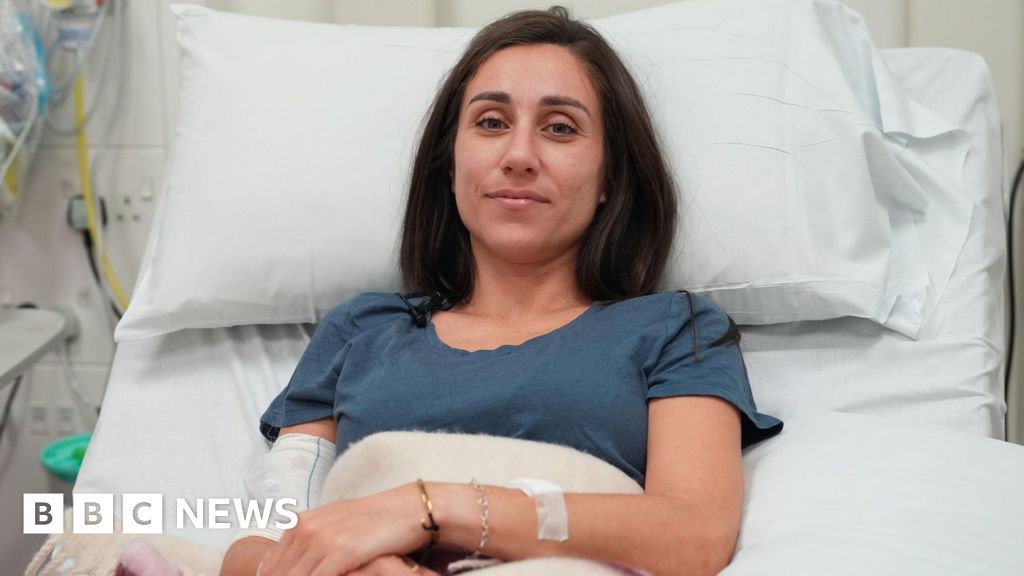Introduction to CAR T-Cell Therapy for MS
A biology teacher and mother of two has become the first British patient to receive a “game-changing” therapy to treat multiple sclerosis (MS). Emily Henders, 37, was treated at University College London Hospital (UCLH) as part of a global clinical trial. She had experienced "really scary" relapses since her diagnosis in December 2021, during which she said: "My legs don’t work, I can’t walk."
The Patient’s Experience
Ms. Henders had experienced a decline in her physical symptoms, which have progressively worsened. She sometimes notices her foot hitting the pavement in a strange way or her hands shaking while teaching. Her first serious relapse was particularly memorable, as her children saw her being taken away in an ambulance. She worries about the impact of her condition on her children and the potential for the disease to be passed on.
How CAR T-Cell Therapy Works
The experimental treatment, known as CAR T-cell therapy, aims to restore the immune system. It works by depleting B cells, which are thought to drive the autoimmune attack in MS. The patient’s own T cells, which detect infected or damaged cells, are genetically modified and reintroduced to the patient via an infusion to "reboot" the immune system.
The Treatment Process
Ms. Henders received the infusion in a three-minute procedure and felt well after the treatment. She said: "I’m actually doing really well. I feel normal and have energy again." She did not experience any nausea or fever and felt relaxed after the procedure.
The Impact on MS Patients
Multiple sclerosis is an autoimmune disease that occurs when the immune system attacks nerves in the brain and spinal cord. The disease can cause a range of symptoms, including numbness, weakness, and vision problems. CAR T-cell therapy has the potential to slow or stop the progression of the disease, which could transform the lives of MS patients.
Expert Opinion
A spokesperson for the MS Society said: "It’s still early days, but if the trial results prove successful, CAR T-cell therapy could transform the way we treat the disease." Claire Roddie, consultant haematologist at UCLH, said the team was “excited” about the study. She explained that the treatment has the potential to change the lives of many people with MS, allowing them to live without the need for ongoing medication.
The Future of CAR T-Cell Therapy
The aim of the study is to recruit up to 18 patients worldwide by the beginning of 2027. If the trial results prove successful, CAR T-cell therapy could become a new treatment option for MS patients. Ms. Henders hopes that the treatment will prevent the decline typical of MS patients, who often rely on a wheelchair. She wants to be able to continue working as a science teacher and to be able to chase her kids around without any limitations.

